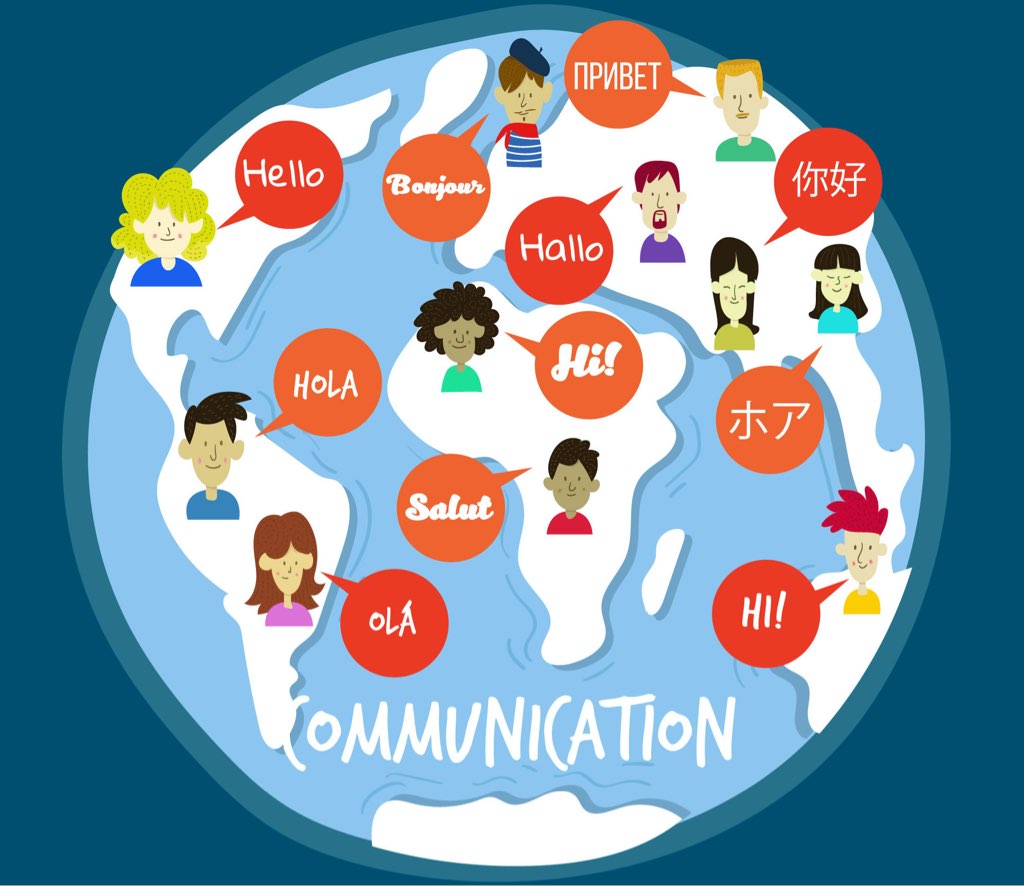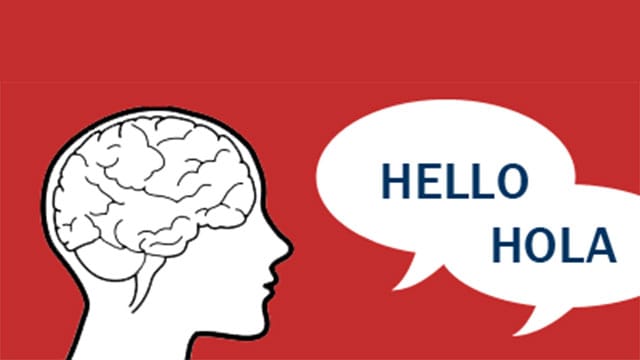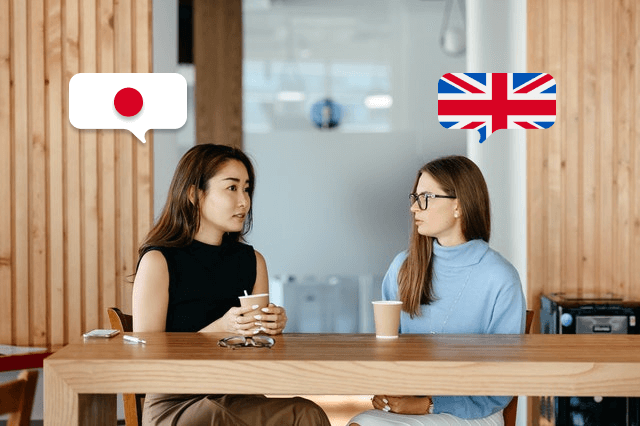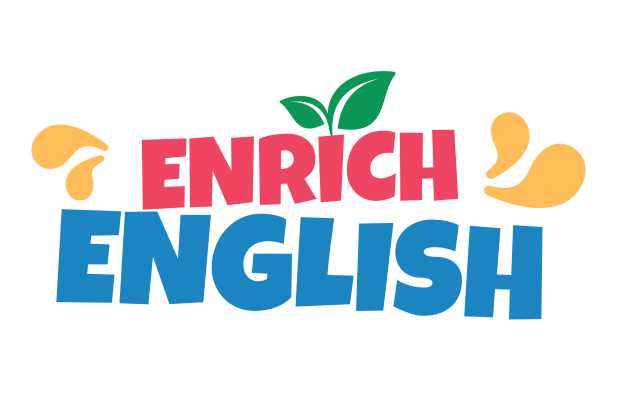Learning a second language
Lesson focuses on learning a second language, discussing benefits, effective methods, and overcoming common challenges.

Part 1
Warm-up
Answer the questions
What did we discuss in the last lesson?
How many languages are you able to speak?
Why did you learn them?
Part 2
Vocabulary
Read the word, its’ meaning, and the examples
Then make up your own sentences using the word.
Student can skip the words they already know.
bilingual
/baɪˈlɪŋ.ɡwəl/

able to use two languages equally well
I am bilingual in English and Spanish.
Many Canadians are bilingual, speaking both English and French.
fluency
/ˈfluː.ən.si/
the ability to speak or write a language easily, well, and quickly
I am working on my fluency in German.
She gained fluency in Russian within two years.
immersion
/ɪˈmɜːrː.ʃən/

the process of learning a language or skill by using nothing else but that language or skill
I am studying English through immersion.
Full immersion is a popular language learning technique.
language exchange
/ˈlæŋ.ɡwɪdʒ ɪksˈtʃeɪndʒ/

A practice where two people who speak different languages teach each other their native languages.
I am participating in a language exchange to improve my French.
They found a language exchange program online.
proficiency
/prəˈfɪʃ.ən.si/
great skill, ability, and experience
I am aiming to reach proficiency in Italian.
He showed his proficiency in Chinese during the meeting.
Make up your own sentences using the words.
Part 3
Reading comprehension
Read the article and answer questions.
Teacher helps student correct their pronunciation.
Effective ways to learn a second language
Learning a second language is a valuable skill. Becoming bilingual, or able to speak two languages, can open up new opportunities and experiences. One effective way to improve is through immersion, which means surrounding yourself with the language by either living in a place where it is spoken or using it in daily activities.
Another great method is a language exchange. This involves partnering with someone who speaks the language you are learning. You help each other by practicing and correcting mistakes. This not only builds your fluency, which is the ability to speak smoothly and easily, but also enhances your cultural understanding.
As you continue practicing, your proficiency, or skill level, in the new language will grow. This means you’ll be able to communicate more effectively and use the language in various situations. Learning a second language is not just educational; it’s also fun and rewarding!
Check your understanding
What are two methods mentioned in the article for improving language skills?
How does language exchange help in building fluency?
What are some benefits of becoming proficient in a second language?
Answers
- The two methods mentioned are immersion and language exchange.
- Language exchange helps build fluency by allowing learners to practice and correct each other in real conversations.
- Benefits of becoming proficient include opening up new opportunities, enhancing cultural understanding, and improving communication skills.
Part 4
Grammar
Learn how to use “used to”, “get used to”, “be used to”.
| Used to (đã từng) | Get used to (dần quen với) | Be used to ( đã quen với) | |
| Meaning | To have done something repeatedly in the past, but no longer now (= it was done often) | To start to become accustomed to doing ST (=it is becoming familiar) | To be accustomed to doing ST (=it is familiar) |
| Pattern | Used to + V (infinitive) | Get used to + V-ing/ noun | Be used to + V-ing/ noun |
| Example | I used to study Spanish when I was in high school. | I’m getting used to living in a big city (I moved here one month ago) | I am used to living in a big city (I’ve been living here for two years) |
Part 5
Discussion
Let’s use the vocabulary you’ve learned during the lesson and talk about the following topics/questions freely!
Teacher helps student expand and correct the answers
Why do you think learning a second language is important?
What are some challenges you face when learning a new language?
Do you think it’s fair to expect others to learn your language when working with you? Why or why not?
What methods do you find most effective for learning a new language?
How does knowing a second language help you when you travel?
Do you think learning languages at a young age is easier? Why or why not?
How can technology help us learn new languages?
What role do movies, music, and books play in language learning?
How does learning a second language improve cultural understanding?
Can learning a new language change the way you think? How?
Review
Let’s review the lesson with teacher
5 words and phrases in the lesson
Grammer points
Discussing about learning a second language, benefits, effective methods, and overcoming common challenges.
See you next lesson
Homework
Do homework
What is the purpose of you learning English? Please write an answer (50-100 words).
Then use ChatGPT to check for any grammatical or vocabulary mistakes.
Practice speaking & record it to send to your teacher for checking pronunciation.

